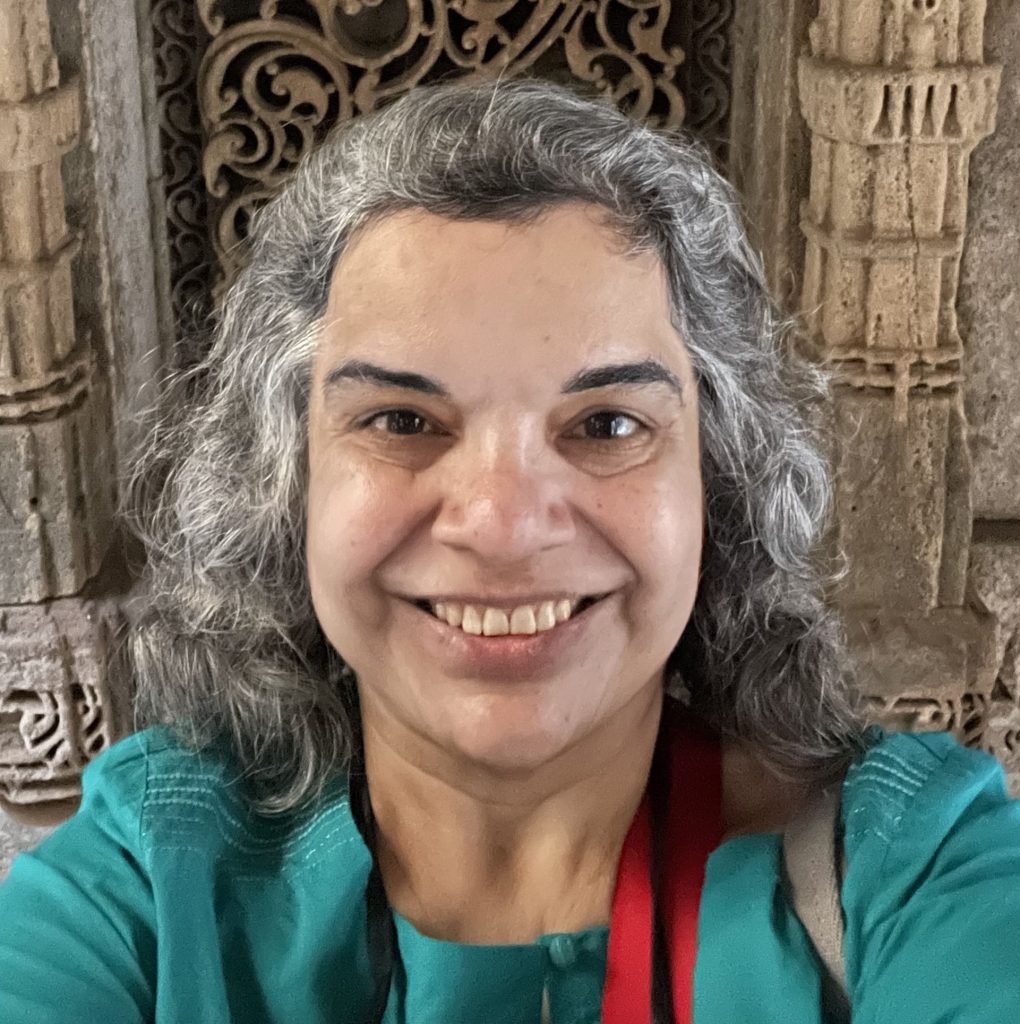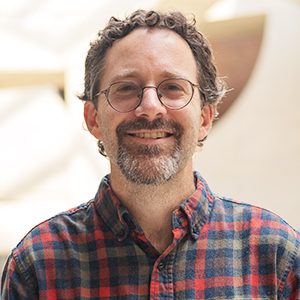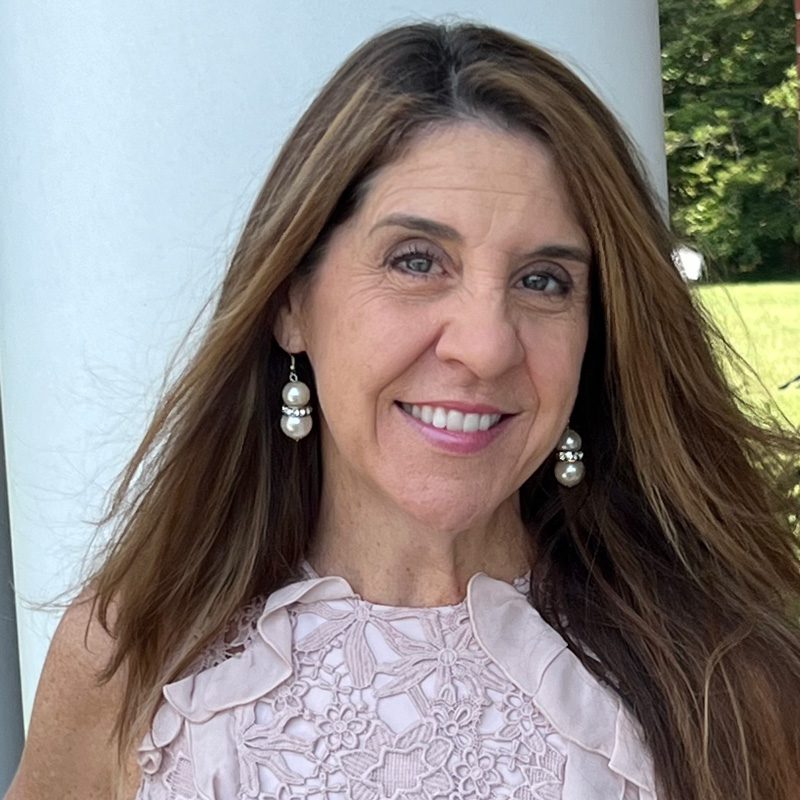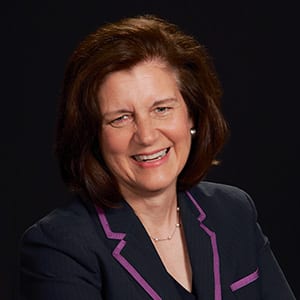Stephen Bender
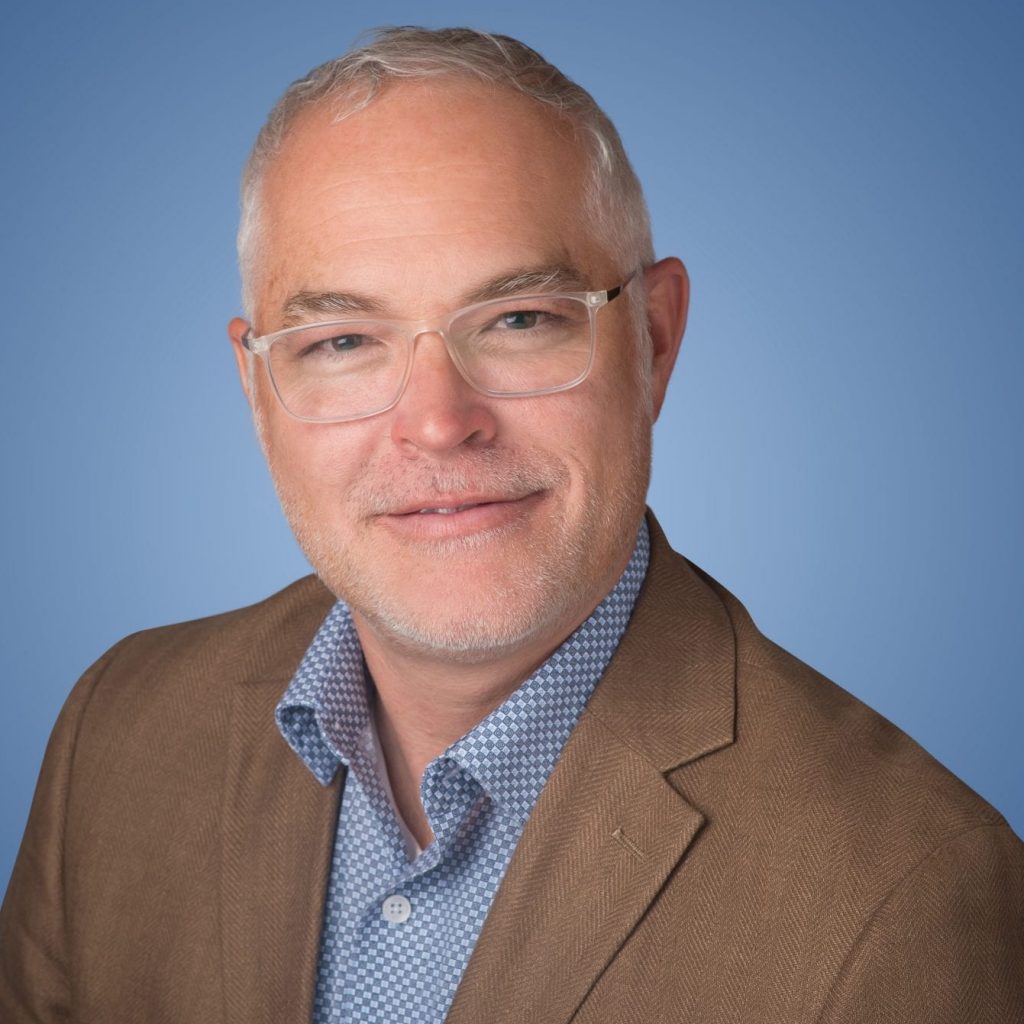
Stephen Bender
Education
M.Arch. Architecture, Harvard University, 1996
B.Des. Architecture, University of Florida, 1993
Specialization
I have three related areas of specialization:
1. Topical specialization in housing and urban issues
2. Technical specialization in designing for modular construction and prefabrication.
3. Theoretical specialization in collaboration and innovation practices applied to complex design problems.
My teaching, research, and service spans the design and fabrication of buildings, policy, education, strategic planning, and community design.
Stephen Bender is Director of CityLab-Orlando, an off-campus market-rate program of the University of Florida Graduate School of Architecture, offering Master in Architecture and Master of Science in Architecture Studies.
The education of architects should enable artful resolution of competing forces to solve the open, complex, dynamic, and networked problems of our world, including building design. Bender aims to create environments for active learning, structured by project-based courses that enable motivated, self-directed, enriched, and ethical development of students. This includes collaboration with industry professionals and UF peers to develop the concentration and graduate certificate in Themed Environments Integration (MSAS-TEI), and Healthcare Design Integration (HDI). Create knowledge together.
As a licensed architect, Bender has focused his professional architecture practice, bndr, llc, on projects with the opportunity to explore sustainability and prefabrication in housing and small business. This critical practice is synergistic to his academic developments, course enhancement/creation, and research collaborations at UF. He is Co-PI for the HUD funded Project Re-envision, and the HUD-RD funded Advanced Technologies for Rapid Manufacturing of Post-Disaster Housing, both with interdisciplinary teams. These projects evidence innovation in sustainability practices, prefabrication technology, and partnerships and policy, all focused on housing.
